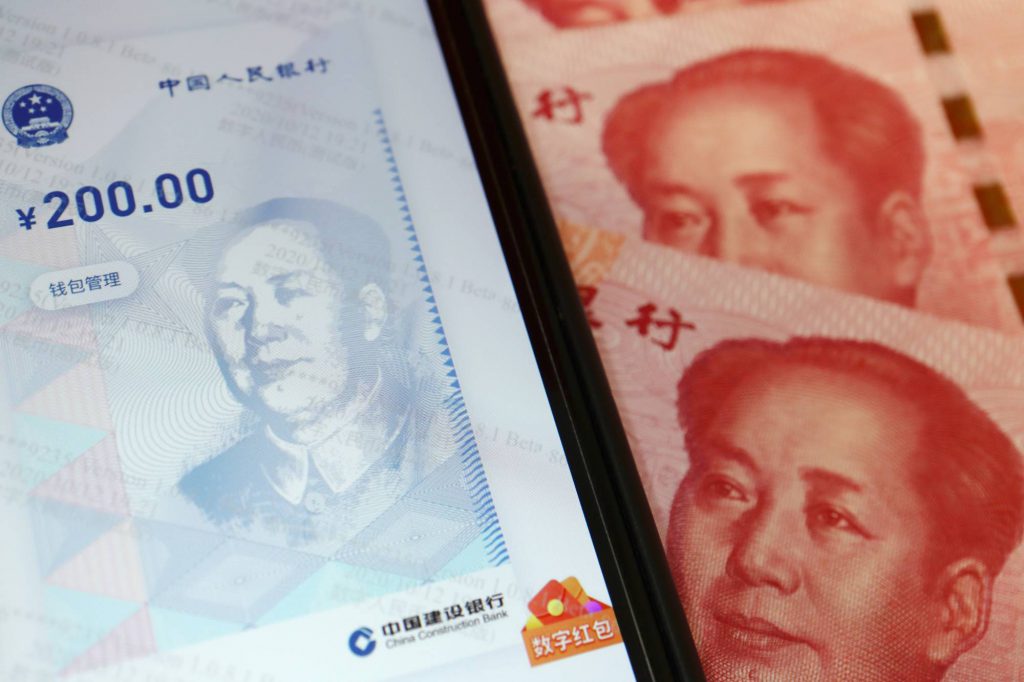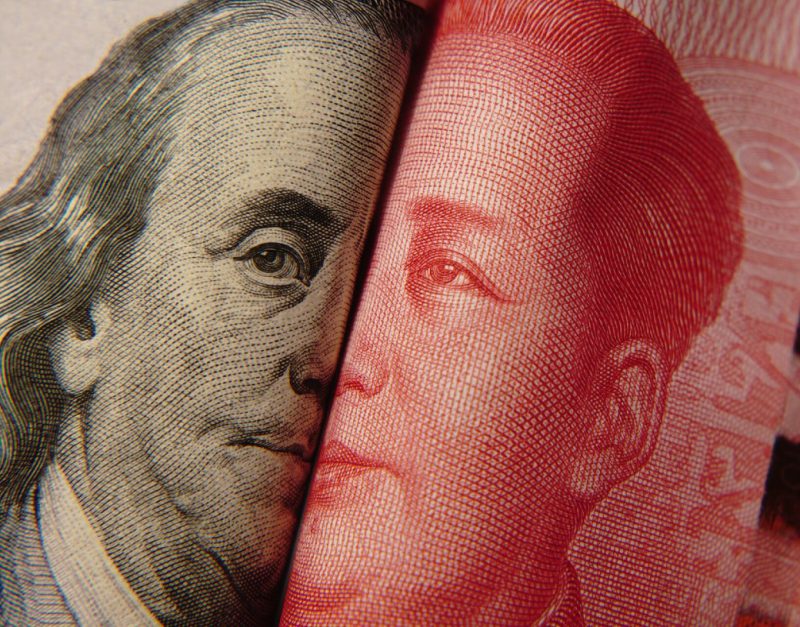According to strategists at JPMorgan, geopolitical tensions between the US and China could take the threat of de-dollarization to the next level. The rapid rise in tensions could diminish the dollar’s global market share while strengthening China’s yuan.
The threat of de-dollarization has been looming for quite some time now. Many countries, especially developing nations, have expressed the desire to trade in local currencies. The BRICS bloc of nations has gone as far as to want to create a new currency for internal trade. Many regions have already begun trading in the Chinese yuan, moving away from the US dollar. All this has added fears that the dollar might not remain the international currency standard for long.
Also Read: BRICS: 22 Countries Open Accounts to Trade In Rupee, Ditch US Dollar
However, despite sounding the de-dollarization alarm, JPMorgan analysts admitted that it is unlikely the US dollar will be eclipsed by another currency anytime in the next decade. Furthermore, China’s yuan is currently one of the worst-performing Asian currencies. State banks in China have been selling US dollars in order to prop up the yuan. Last week, Chinese policymakers relaxed laws to allow companies to borrow more overseas. This was an attempt to restore investors’ confidence.
Does the IMF support China’s yuan over the US dollar?


The International Monetary Fund (IMF) has hinted that it might accept the yuan for debt repayment. Recently, Argentina paid off its debts to the IMF using the Chinese national currency. The South American country paid about $1.1 billion in yuan of the $2.7 billion that matured last month.
The yuan is now recognized by Argentina’s Central Bank as a form of payment for checking and savings accounts. The development meant that the U.S. dollar will no longer function as its sole official reserve currency.
Also Read: China Inflation Eases to 0%: U.S. Dollar Rises, Yuan Dips
Since Argentina was allowed to pay its obligations using China’s yuan, more countries might also join the bandwagon very soon. Along with Argentina, Brazil also reached a deal with China earlier in 2023, that would enable them to transact business and make investments using their respective currencies, lessening the dominance of the U.S. dollar.





